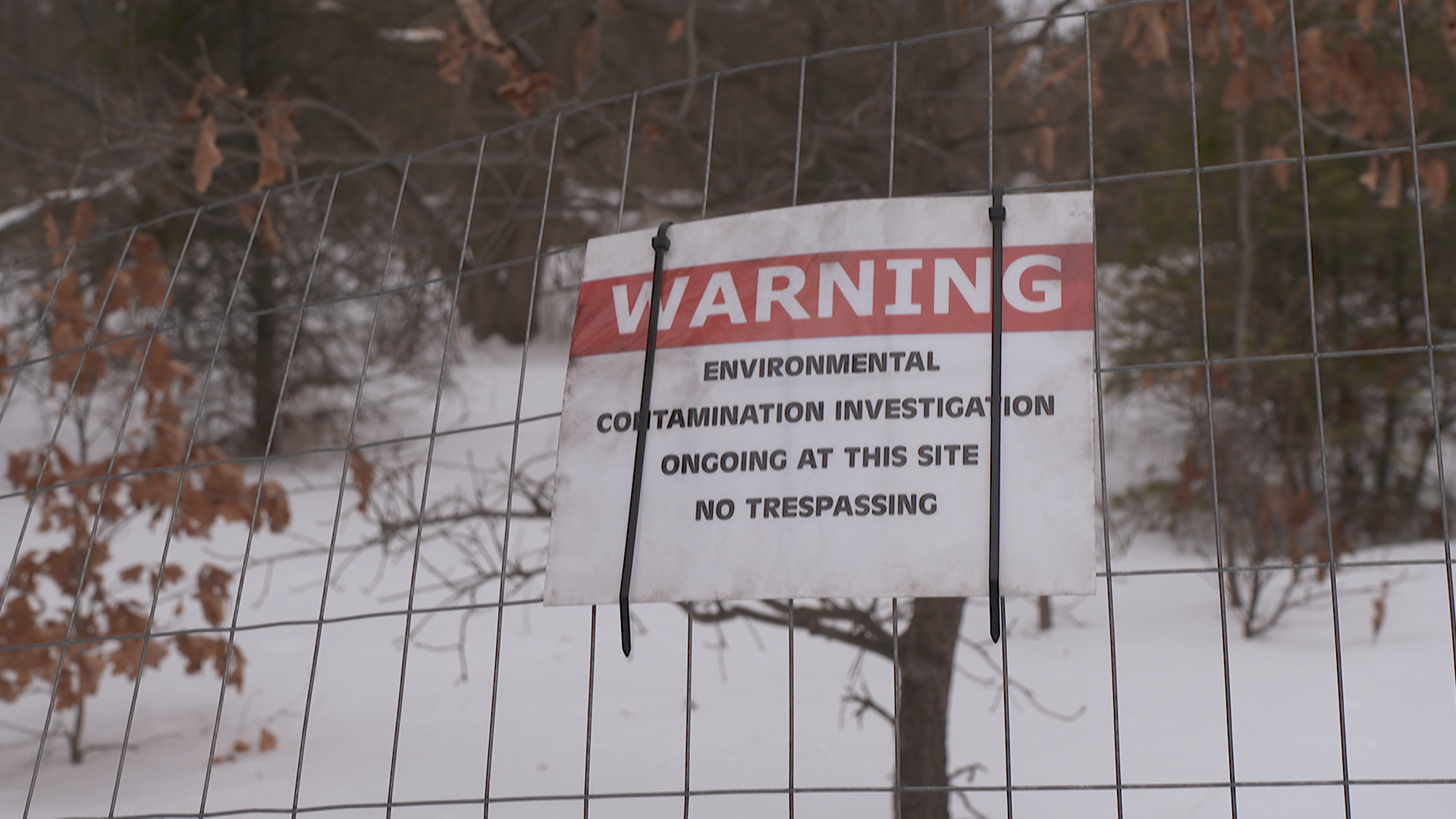
PFAS, short for per- and polyfluoroalkyl substances, are a group of widespread man-made chemicals that don’t break down in the environment or the human body and have been flagged as a major contaminant in sources of water across the country.
Keep up with PFAS-related developments in the Great Lakes area.
Click on the headline to read the full story:
Illinois:
- Dangerous ‘forever chemicals’ found in drinking water of thousands of Illinois residents – The Chicago Sun Times
More than 100 drinking water systems across Illinois, including some in the Chicago area, have tested positive for measurable levels of harmful contaminants known as “forever chemicals” that are linked to cancer, liver damage, high blood pressure and other health threats.
In the Chicago area, Lake Forest, Waukegan, North Chicago, South Elgin and Crest Hill near Joliet are among the water systems that are showing readings of a class of chemicals known as PFAS, short for perfluoroalkyl and polyfluoroalkyl substances. In most cases, the levels are very low though the widespread presence is a concern, environmental and health advocates say.
Indiana:
So-called toxic “forever chemicals” are a concern across the United States. A recent analysis by the nonprofit Environmental Working Group found nearly 30,000 sites where man-made perfluoroalkyl and polyfluoroalkyl substances (PFAS) are likely used or discharged into water.
A North Carolina company called 374Water recently announced an agreement with an Indiana biosolids company called Merrell Bros. to help tackle the problem. The pact means Merrell will be making and servicing 374Water’s AirSCWO NIX systems and installations throughout the United States and Canada.
Michigan:
The bipartisan federal infrastructure bill, that senators finished writing this past weekend, would include $10 billion for PFAS cleanup.
PFAS—or per- and polyfluoroalkyl substances—are a family of chemicals often called “forever chemicals” because they can persist in the environment for centuries. Exposure to certain kinds of PFAS has been linked to impaired immune systems and increased risk of some kinds of cancer.
- Testing reveals PFAS at old coal plant in Grand Haven – Associated Press
GRAND HAVEN, Mich. (AP) — Toxic chemicals have been found at the site of a former coal plant in western Michigan.
Routine testing in June by the Grand Haven Board of Light and Power revealed the presence of PFAS at the old J.B. Sims Generating Station on Harbor Island, WOOD-TV reported Friday.
PFAS — perfluoroalkyl and polyfluoroalkyl substances — refers to thousands of man-made compounds used in countless products, including nonstick cookware, water-repellent sports gear, cosmetics and grease-resistant food packaging, along with firefighting foams.
Pennsylvania:
An advisory panel to the Department of Environmental Protection meets today to consider a plan to set Pennsylvania’s first independent health limits on two kinds of “forever chemicals” in drinking water amid criticism from environmentalists that the proposed rules wouldn’t do enough to protect public health.
The board of the Public Water System Technical Assistance Center, the main advisory body for the DEP’s safe drinking water program, will decide on July 29 whether to accept a DEP recommendation to set maximum contaminant limits on the chemicals, which are part of the PFAS family that is linked with an array of serious illnesses including some cancers, thyroid conditions, ulcerative colitis, and elevated cholesterol.
Wisconsin:
- Wisconsin Communities Battling PFAS Contamination – Wisconsin Public Radio
Some Wisconsin communities are only recently discovering that their drinking water is contaminated with PFAS, the so-called forever chemicals. Others have been struggling with the contamination for years. We talk with reporters on what they’ve uncovered in the communities battling the pollution.
MADISON, Wis. (WEAU) – Gov. Tony Evers is joining the governors of four other states in signing a letter of support of the PFAS Action Act.
The legislation, H.R. 2467, will help to accelerate the enactment of national public health and environmental protections from PFAS.
Wisconsin is in collaboration with Michigan, Minnesota, New York, and Pennsylvania to strategize on addressing PFAS. Wisconsin officials seek to move forward to develop environmental standards and take actions to ensure that all Wisconsin residents have safe drinking water.
International:
TORONTO — A new study has found high concentrations of toxic “forever chemicals” in the surface of seawater near melting ice floes in the Arctic.
Researchers out of Lancaster University in England found concentrations of poly- and perfluoroalkyl substances (PFAS) up to two times higher in the Arctic’s Barents Sea than levels previously observed in that of the North Sea.
Catch up on more PFAS news on Great Lakes Now:
Raining PFAS: Amount of PFAS found is outpacing legacy contaminants
API key not valid. Please pass a valid API key.Featured image: Sign warning for environmental contamination (Great Lakes Now Episode 1012)




